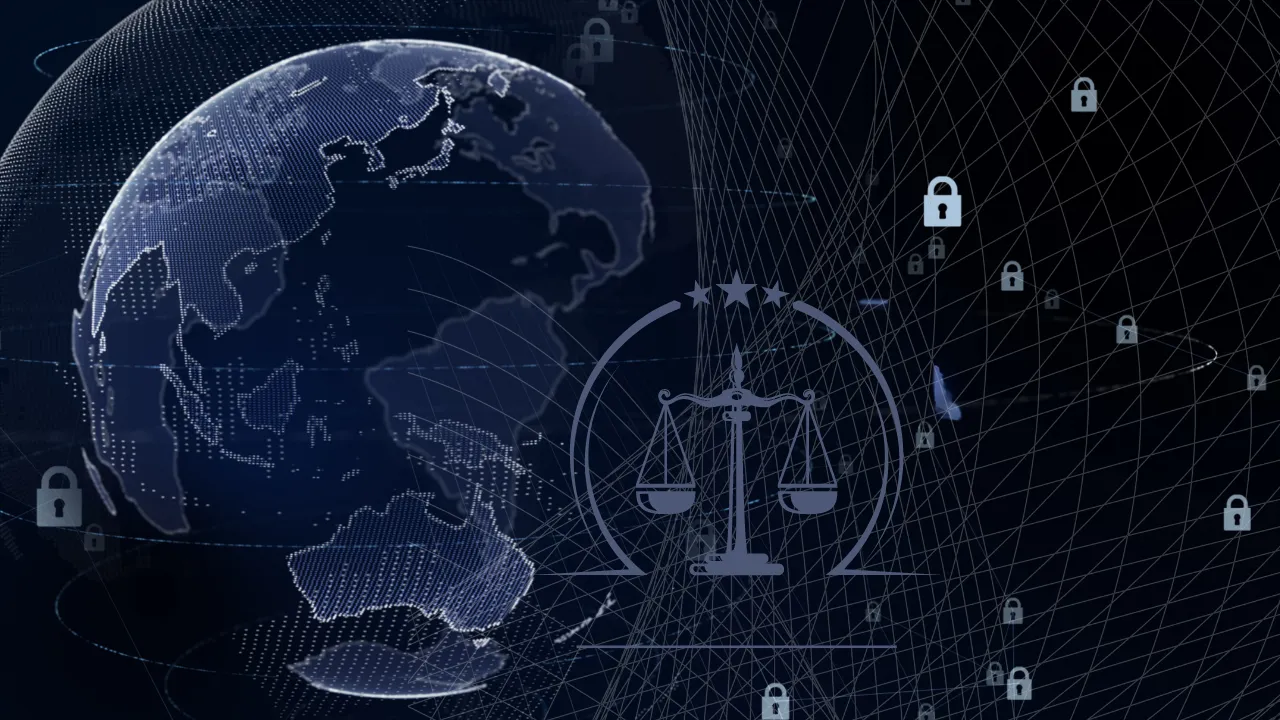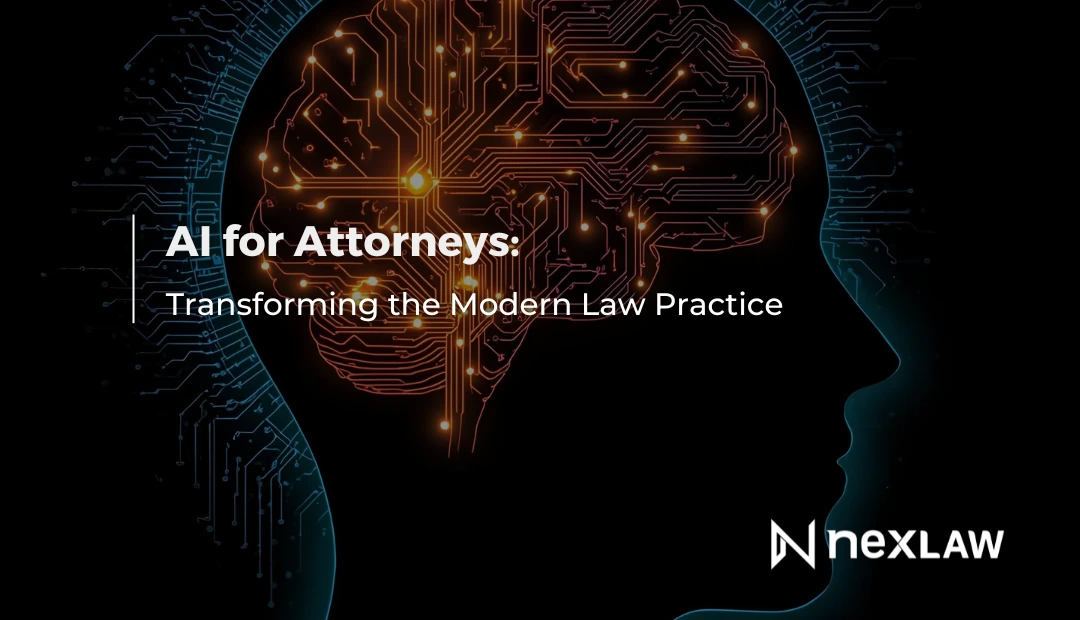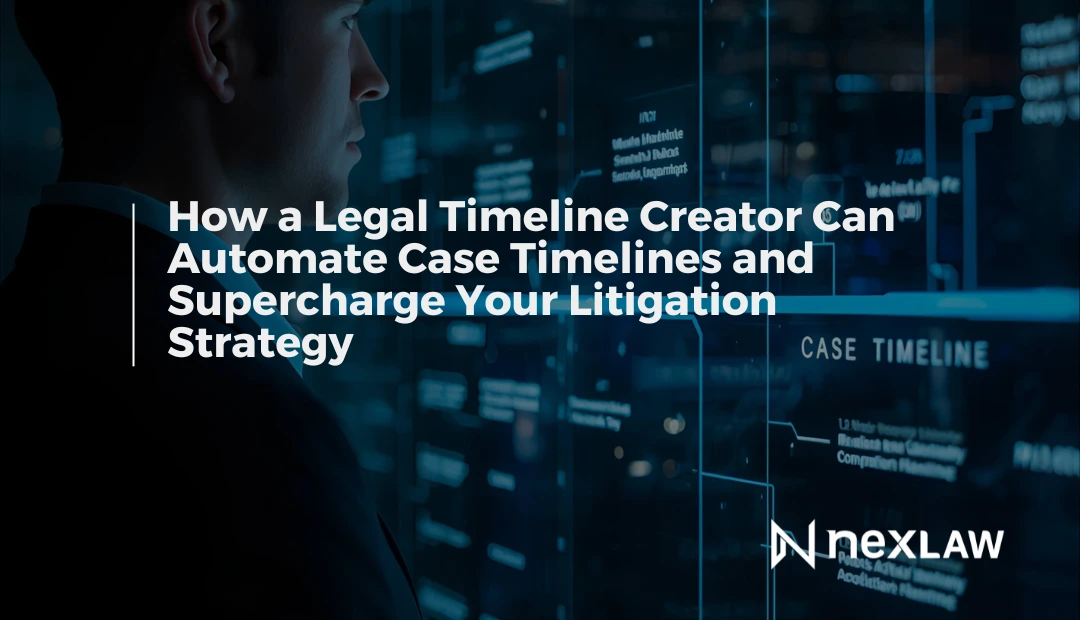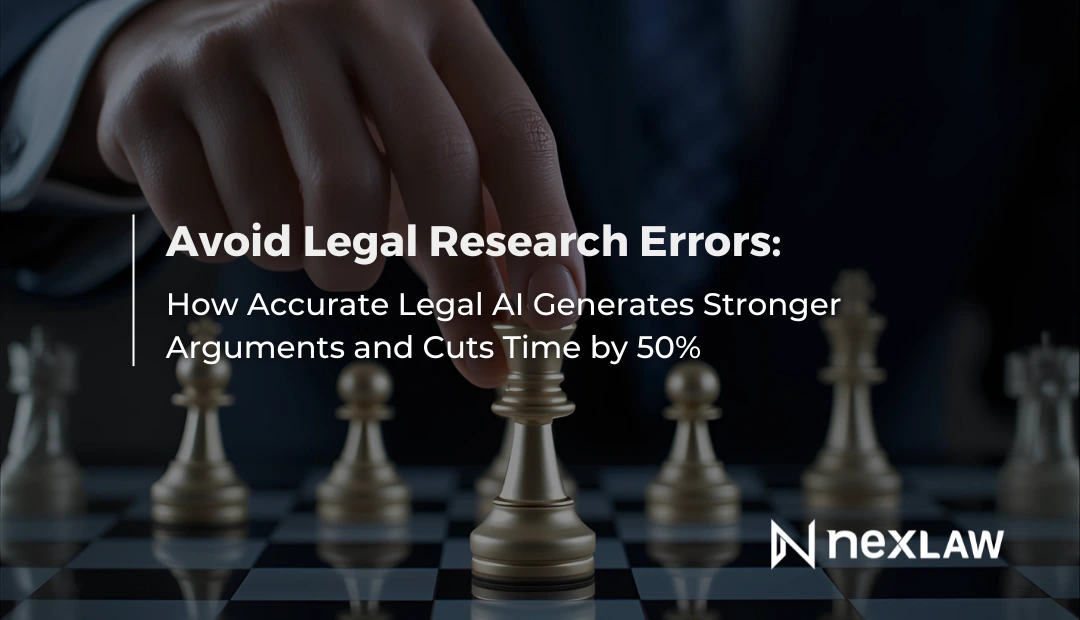How to Choose ADR Software: A Comprehensive Guide for Legal Professionals in 2025
Alternative Dispute Resolution (ADR) is a cost-effective, timely and flexible alternative to litigation. Choosing the right ADR software is essential for legal professionals seeking to enhance efficiency, security and fairness in dispute resolution.
As technology evolves and Online Dispute Resolution (ODR) gains traction, it’s crucial to evaluate software solutions that meet modern demands. This guide offers expert insights, industry trends and practical advice to help legal professionals and IT decision-makers select and integrate the best ADR tools.
Unlock Legal Insights Instantly
Understanding Alternative Dispute Resolution Software
ADR software refers to digital platforms designed to facilitate dispute resolution processes such as mediation, arbitration and negotiation outside traditional court settings. These platforms leverage technology to streamline case management, communication, scheduling, document handling and decision-making, often integrating artificial intelligence (AI) to enhance outcomes.
Key Considerations When Choosing ADR Software
Selecting ADR software requires a thorough assessment of multiple factors to ensure the platform aligns with your legal practice’s needs and jurisdictional requirements.
1. Security and Confidentiality
- Confidentiality is paramount in legal dispute resolution.
- Choose a software with robust security measures such as bank-grade encryption, ISO 27001 certification and strict access controls to protect sensitive client information and case data.
- Platforms like NexLaw AI emphasize these standards, offering secure case management tailored for legal professionals.
2. User Interface and Accessibility
- The software should feature an intuitive, user-friendly interface accessible to all parties, including those without legal representation.
- Ease of use facilitates quicker adoption and smoother dispute resolution processes.
- Features like self-testing for audio/video quality and training modules enhance user experience and minimize technical disruptions.
3. Integration and Customization
- Effective ADR software integrates seamlessly with existing workflows and legal practice management systems.
- Customizable options to support various dispute resolution methods-such as blind bids, direct negotiations or neutral assistance-are essential for flexibility.
4. AI and Automation Capabilities
- AI integration can improve efficiency by automating routine tasks like scheduling, reminders and document management.
- Some platforms, such as Bot Mediation, introduce AI mediators to facilitate settlements 24/7, reducing costs and mitigating scheduling conflicts.
- Automation should complement, not replace, human expertise.
5. Legal Compliance and Binding Outcomes
- Ensure the software supports legally binding arbitration decisions and complies with relevant jurisdictional regulations.
- Platforms offering expert neutral panels and transparent processes help maintain fairness and legal integrity.
6. Cost Structure
- Transparent and predictable pricing models, such as flat fees, prevent unexpected expenses.
- Cost-effectiveness is a significant advantage of ODR systems, enabling broader access to justice and reducing litigation costs.
7. Support and Training
- Reliable customer support, including real-time assistance and technical help, is vital.
- Some platforms provide dedicated moderators or virtual assistants to guide users through the process, enhancing the overall experience.
Comparative Overview of Leading ADR Software Platforms
| Feature / Platform | NexLaw AI | Bot Mediation | New Era ADR | Vast Edge ODR | JAMS |
|---|---|---|---|---|---|
| Security | Bank-grade encryption, ISO 27001 certified | AI-powered with secure cloud infrastructure | Secure storage with flat fees | Multi-cloud hosting with restricted access | Advanced video conferencing with secure document sharing |
| User Interface | User-friendly, customizable | Accessible, easy mediation scheduling | Transparent, easy document management | Intuitive with real-time support | Comprehensive virtual hearing support |
| Settlement & Decisions | Provides end-to-end support for arbitration, including proactive settlement guidance. | Facilitates settlements | Arbitration services with binding decisions | Court oversight maintained | Expert neutrals with binding decisions |
| Cost Model | Cost-effective | Reduces mediation costs significantly | Flat fees, predictable pricing | Free claim submission, cost-effective | Varies, with premium services |
| Support | Professional collaboration and tailored customer support | AI and human support | Efficient scheduling and document tools | 24/7 real-time customer support | Dedicated virtual moderators and tech support |
Practical Steps for Legal Professionals to Choose ADR Software
Assess Your Practice Needs
Identify the types of disputes you handle and the volume of cases to determine the necessary software features.
Evaluate Security Protocols
Confirm compliance with industry standards and data protection regulations.
Test Usability
Request demos or trial periods to assess user experience for all parties involved.
Review Integration Capabilities
Ensure compatibility with your existing case management and communication tools.
Consider AI Features
Determine whether AI assistance aligns with your practice style and client expectations.
Analyze Cost-Benefit
Compare pricing models against expected efficiency gains and client satisfaction.
Seek Peer Recommendations
Consult with colleagues and review case studies or testimonials.
Why NexLaw Excels as an ADR Software Platform
NexLaw is more than legal research, it’s an AI partner that guides dispute resolution strategies like settlement and arbitration.
It automates document review, extracts key case insights and highlights strengths, weaknesses and resolution paths.
Comprehensive ADR Lifecycle Management
NexLaw covers the entire ADR process, from early case analysis to final resolution. Whether the dispute is resolved through mediation, arbitration, or negotiation, the platform provides tools for every stage:
- Preparation: NexLaw’s AI summarizes mediation, arbitration and negotiation briefs, organizes documents and extracts key positions which efficiently cuts hours of admin into minutes.
- Process: NexLaw supports compliance with ADR procedural guidelines, including confidentiality, transparency and AI-safe workflows, ensuring human control remains central.
- Practice: Test strategies, simulate opposing arguments and generate settlement options. NexLaw AI strengthens lead cases, but never replaces human judgment.
Security and Data Privacy
Data security is paramount in ADR. NexLaw employs a privacy-first approach, using a private cloud infrastructure with robust encryption (256-bit, bank-grade), granular access controls, and strict data sovereignty assurances. Client data is never used to train AI models, and all information remains confidential and protected.
Security Certifications:
- Hosted on Amazon Web Services (AWS), certified to ISO 27001:2013 and SOC 1, SOC 2, SOC 3 standards.
Global Reach and Legal Compliance
NexLaw supports cross-border ADR with legal coverage across the US, UK, Australia, Canada, Singapore, Malaysia, New Zealand, and Hong Kong, ensuring enforceable, compliant outcomes.
User Experience and Accessibility
With an intuitive interface and remote accessibility, NexLaw simplifies participation in mediation, arbitration and negotiation anywhere, anytime.
ADR Methods Supported by NexLaw
NexLaw is adaptable to multiple ADR methods, each with unique workflow requirements:
| ADR Method | How NexLaw Supports the Process |
|---|---|
| Mediation | Summarizes briefs, analyzes interests, supports secure dialogue, streamlines agreement drafting |
| Arbitration | Provides real-time evidence integration, case law analytics, and procedural document automation |
| Conciliation | Facilitates confidential negotiations, clarifies misunderstandings, and manages settlement documentation |
| Early Neutral Evaluation | Enables secure sharing of evidence, expert analysis, and outcome prediction tools |
| Adjudication | Manages notices, tracks deadlines, and maintains audit trails for compliance |
| Collaborative Law | Supports open communication, document sharing, and mutual agreement drafting |
ADR Trends to Look Out For
- Generative AI for Clause Drafting: Emerging tools use AI to draft tailored arbitration and mediation clauses, enhancing clarity and reducing disputes over procedural terms.
- Hybrid Hearing Models: Platforms like JAMS combine in-person and virtual hearings, offering flexibility and wider access.
- Community Safety Integration: Some ODR systems incorporate public safety and criminal justice collaboration, broadening ADR’s scope beyond civil disputes.
- Data-Driven Decision Making: Advanced reporting and analytics enable continuous improvement of ADR processes.
NexLaw AI, the Perfect AI for Lawyers
Choosing the right ADR software impacts the efficiency, cost, and fairness of dispute resolution. NexLaw AI prioritizes security, usability, legal compliance and seamless AI integration.
Our platform; built with bank-grade encryption and ISO 27001 certification, helps law firms, corporate legal teams and mediators manage disputes securely and confidently. Explore NexLaw AI to navigate the future of secure, AI-powered dispute resolution.









